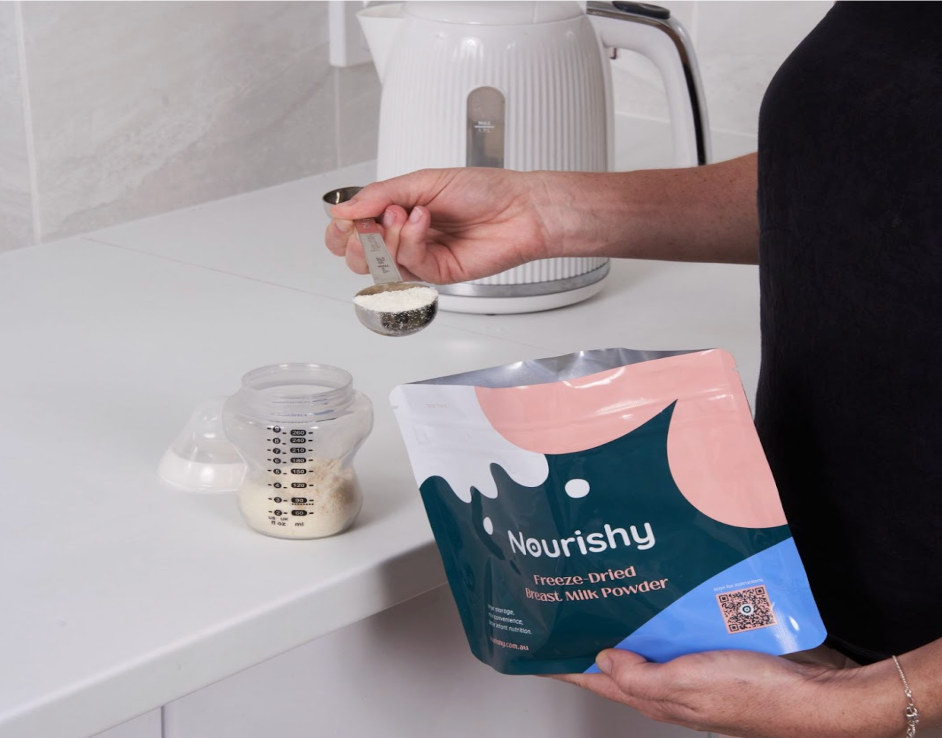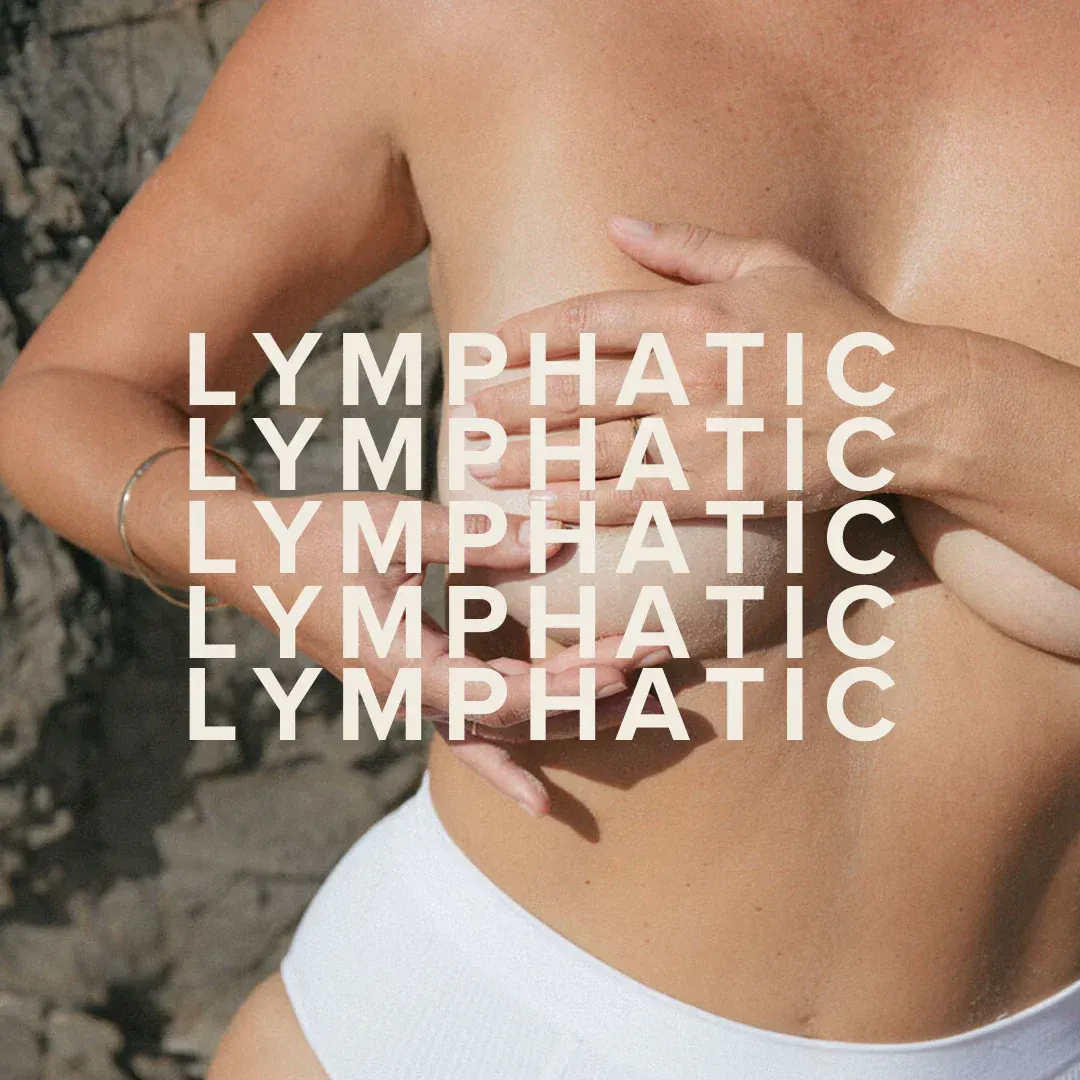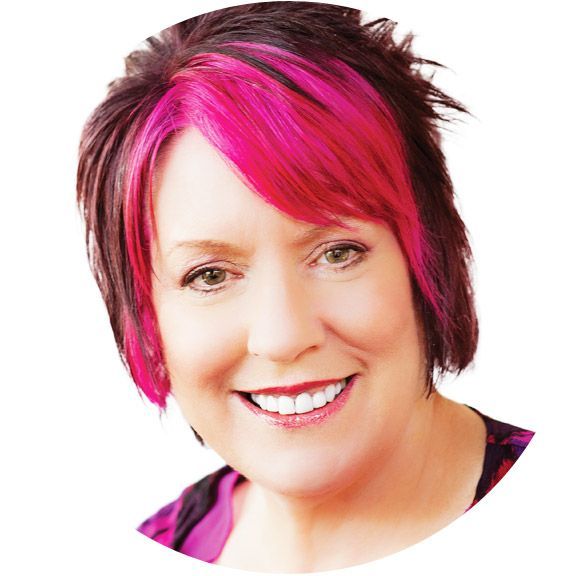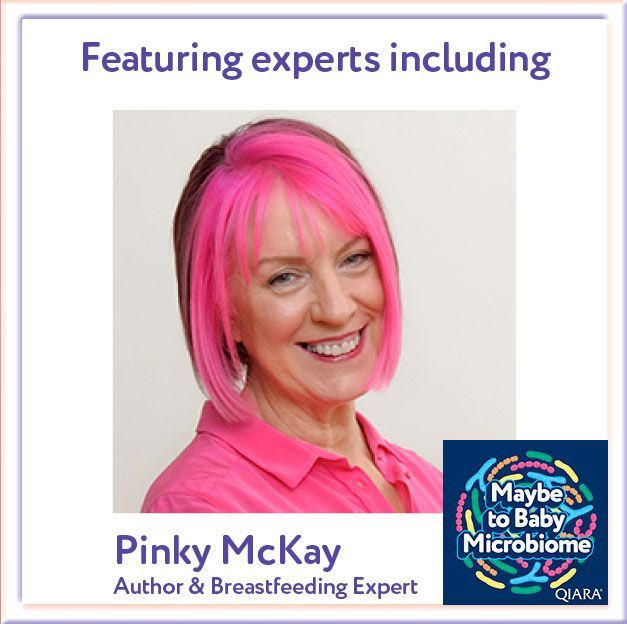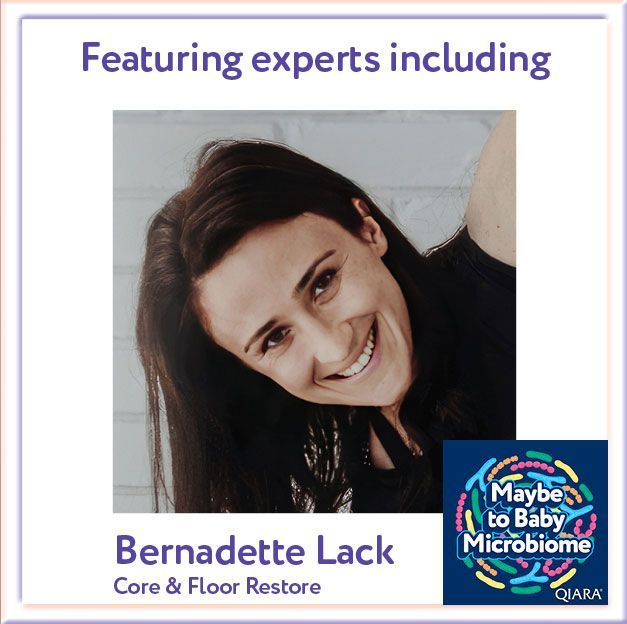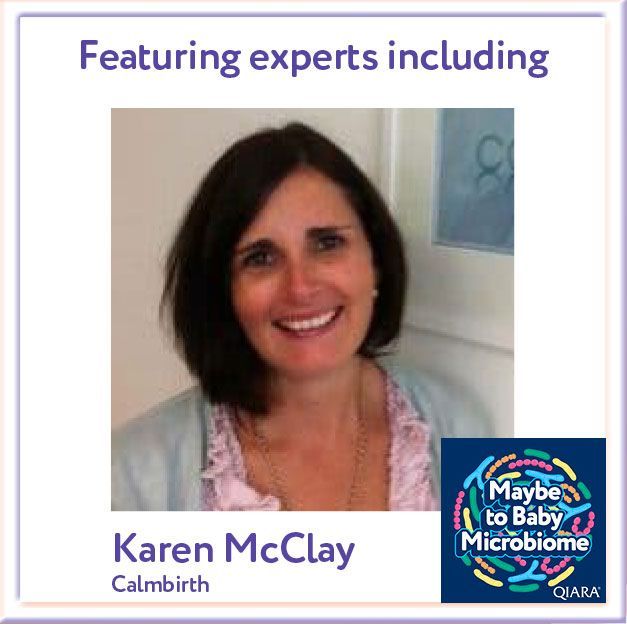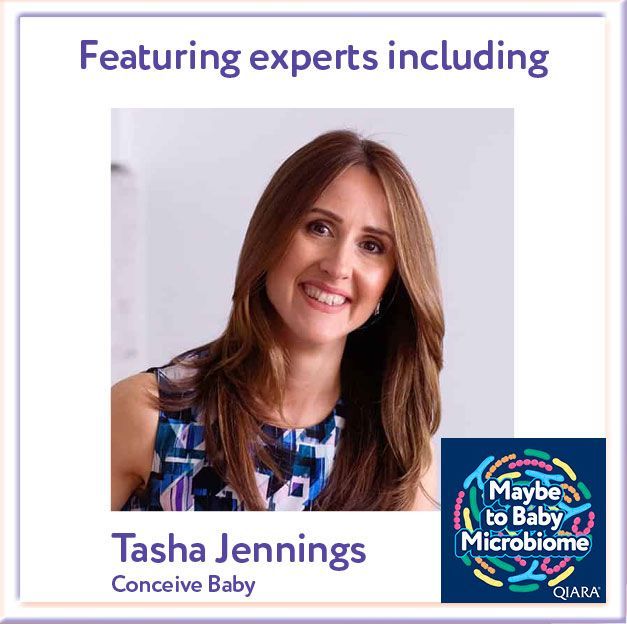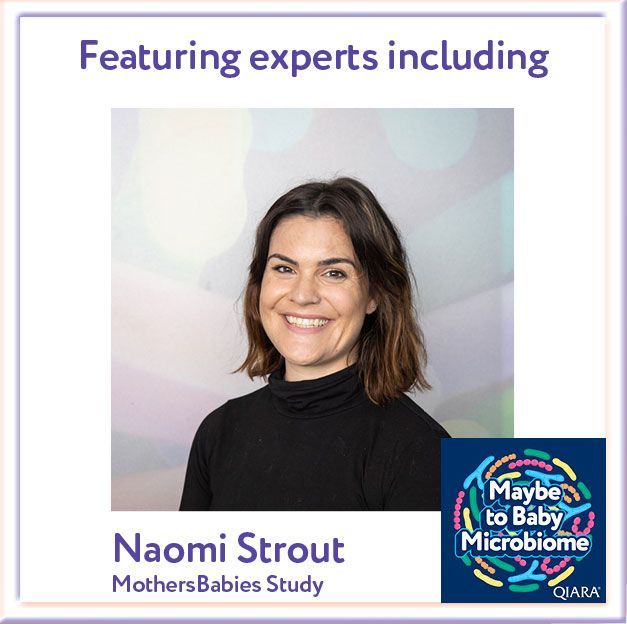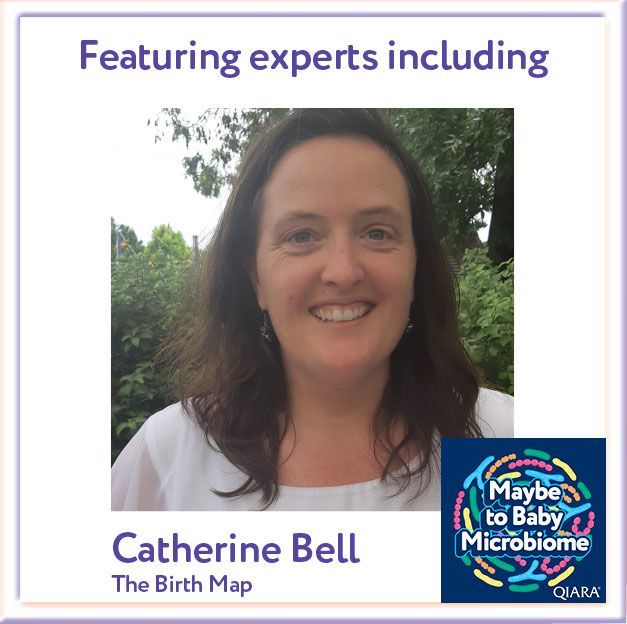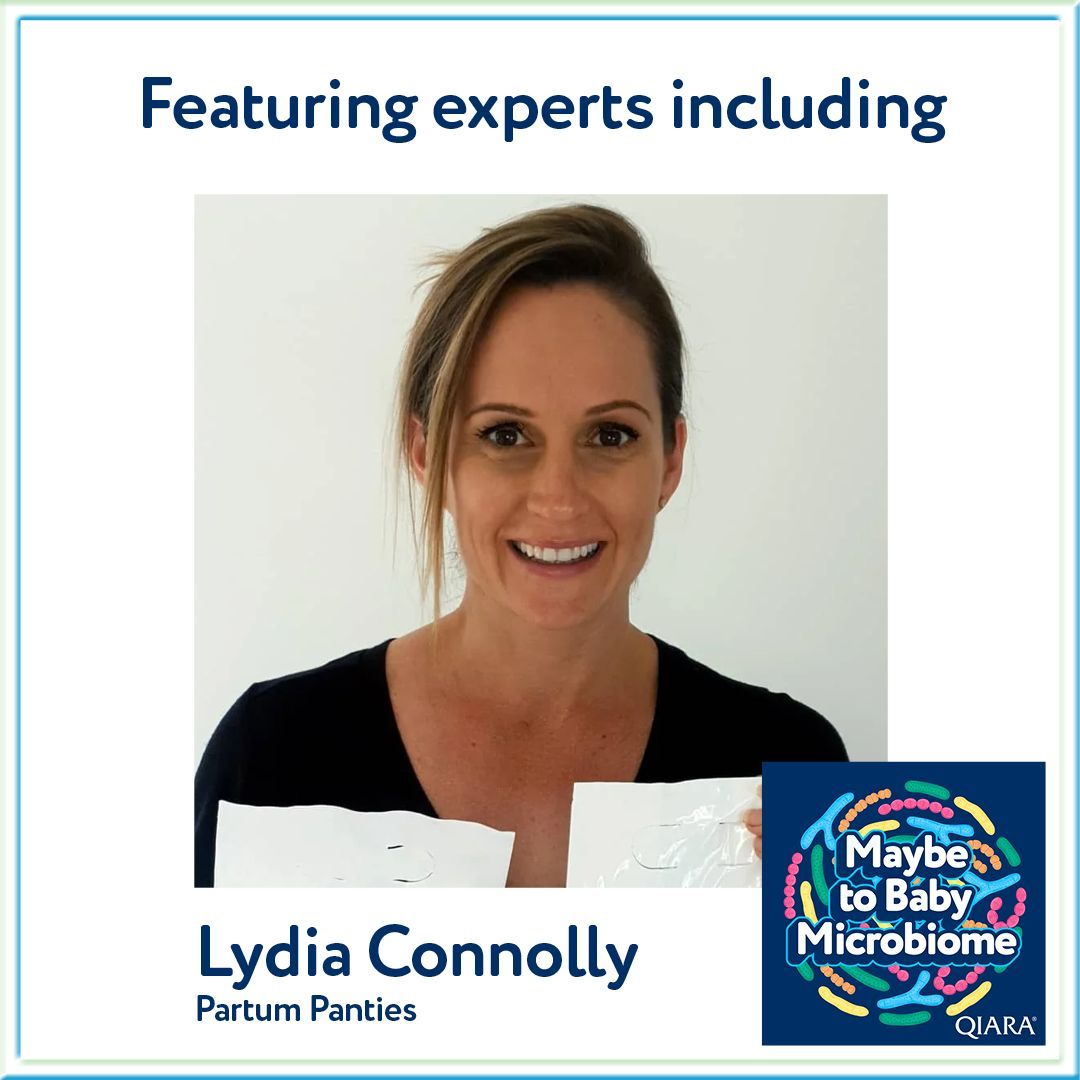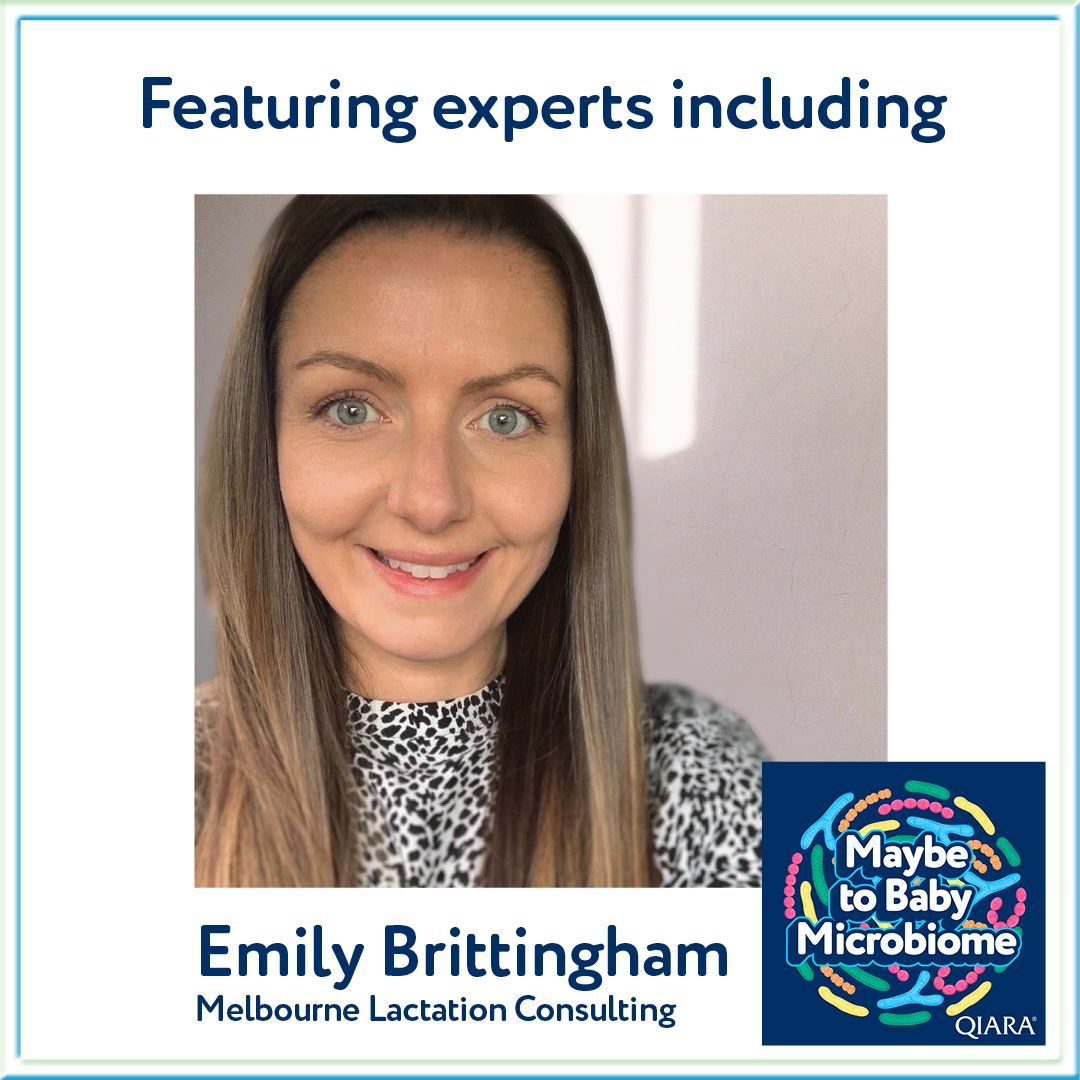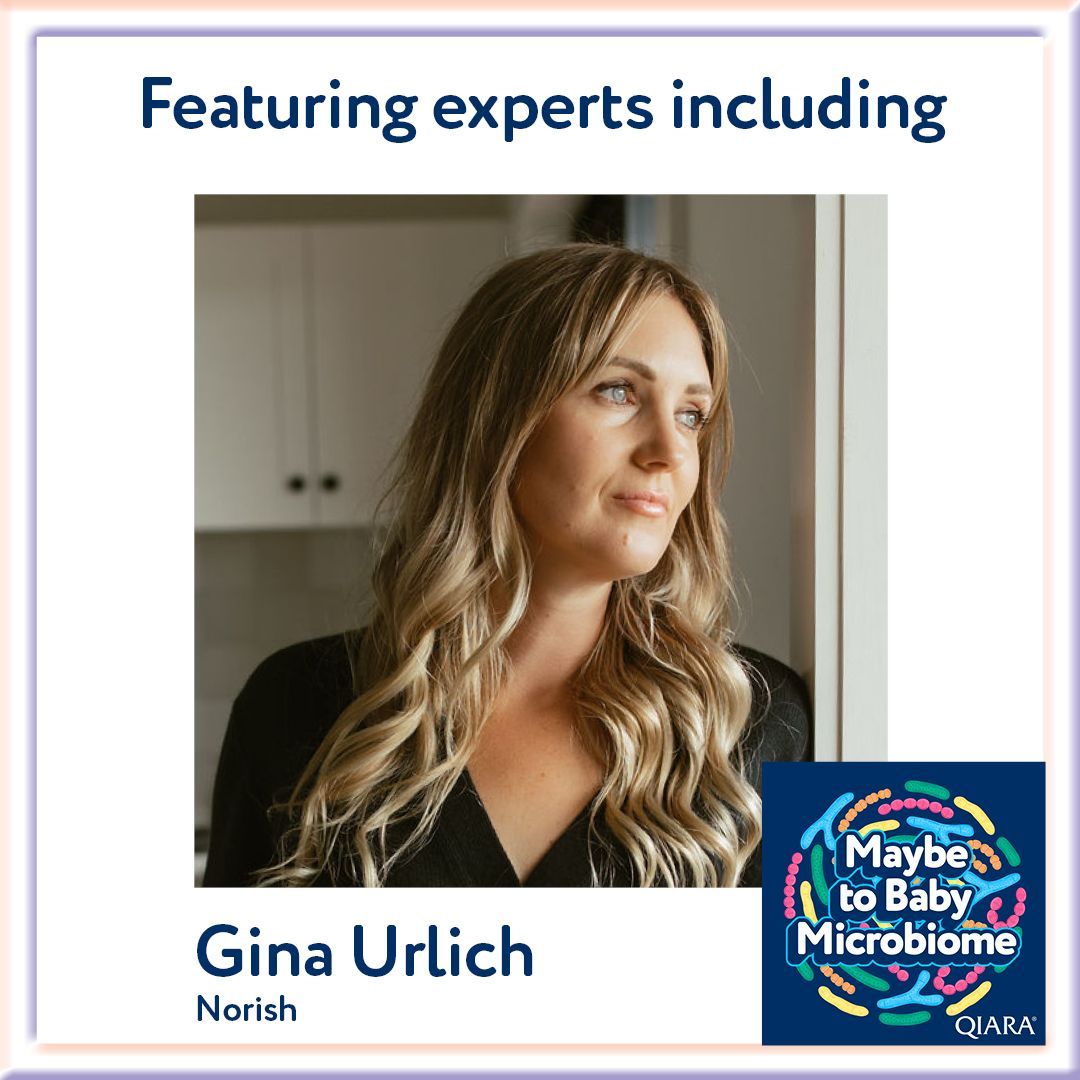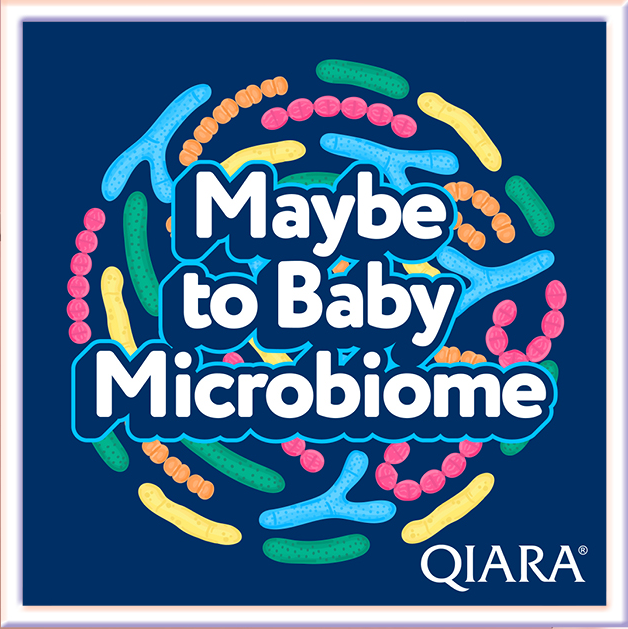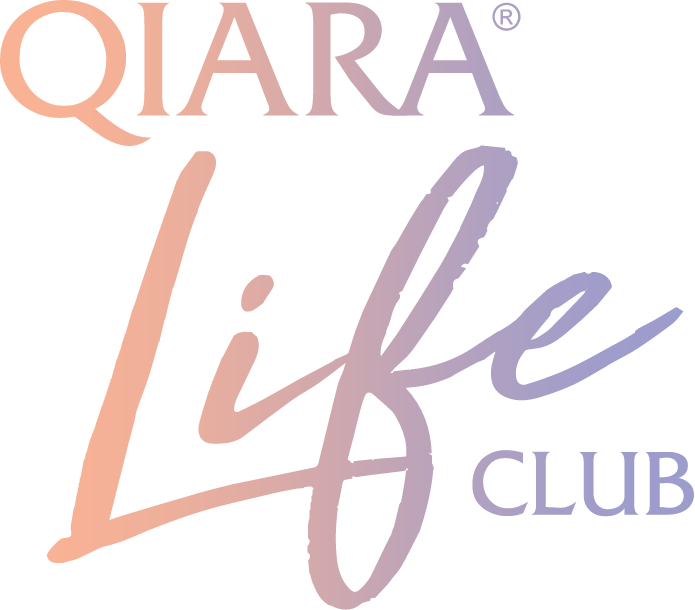By Pinky McKay
•
June 3, 2024
As a breastfeeding mother, you are everything to your baby – food, comfort and nurturing. Around the clock. It’s a lot of pressure to know you are the sole source of nourishment for your baby and if you are experiencing breastfeeding difficulties, this can send you into spiral of despair. So how do you beat this pressure and protect your own well-being, especially your mental health? The good news is that, according to several recent studies, breastfeeding has positive effects on mothers’ mental health, including better sleep and lower rates of depression. While you may think breastfeeding will mean you get less sleep or you may be told to offer formula at night so you can sleep more, in a study of 6410 women, those who were exclusively breastfeeding took less time to fall asleep, got more sleep overall, had a greater percentage of restorative ‘slow-wave’ sleep and reported less day time fatigue and better health than women who were mixed feeding or formula feeding. Breastfeeding conveys Important benefits to both mothers and babies however much breast milk or however long you breastfeed and some women will need to supplement, so I don’t want to discourage any woman who is breastfeeding in whatever way that she can manage. However, according to Dr Kathleen Kendall- Tackett, Health Psychologist, IBCLC and researcher in this study, “unfortunately, partial breastfeeding does not provide these protections against depression. In fact, in our data, there was no significant difference between mixed-feeding and exclusive formula-feeding in maternal sleep or mental health.” Another area of research is how breastfeeding can switch off the stress response. Research shows that physical and psychological stressors increase inflammation, an important part of the stress response and the most significant risk factor for depression. This means that when inflammation levels are high, there is an increased risk of depression. Breastfeeding is anti-inflammatory. So, as well as reducing the risk of depression in breastfeeding mothers, breastfeeding can also reduce the risk of heart disease and diabetes (for YOU!), throughout life. Whether breastfeeding is going well or you are finding it harder than you expected, taking care of you needs to be a priority as you nourish your baby so here are 12 ways to protect your mental health while you are breastfeeding: 1. Get mental health support For support and counselling - if you are in Australia, ask your GP for a mental health plan and a referral to a psychologist. This will entitle you to a number of psychology visits funded by medicare. You can also get counselling, including Telehealth sessions, with a registered health professional and specifically trained psychologists through The Gidget Foundation, this support is fully funded by Medicare. 2. See an IBCLC Breastfeeding problems such as sore nipples and anxiety about milk supply can cause stress, which means it’s important that breastfeeding is supported and problems are addressed promptly and appropriately. If you need help to solve breastfeeding problems , see an International Board Certified Lactation Consultant (an IBCLC - this is the gold standard, she has to have thousands of documented hours helping mothers breastfeed and pass a stringent exam). 3. Eat well According to a Harvard medical school health blog, a diet high in refined sugar can affect moods and worsen symptoms of depression. On the other hand a diet rich in omega 3 fatty acids can improve brain function and reduce depressive symptoms, so eat a healthy diet including fresh fruits, vegetables, protein and good fats such as oily fish (salmon, sardines and tuna), that are rich in omega 3 fats. If you are a vegetarian, you can add flaxseeds to smoothies and cereal or flaxseed oil to salads to get a dose of Omega 3 fats. Also, instead of sweet treats, try snacks that you can eat with one hand such as avocado, boiled eggs (keep a few in the fridge ready to grab), or hummus on whole grain toast or crackers. 4. Get Sunshine and exercise Exercise will dissipate stress hormones such as adrenalin as it boosts your endorphins (happy hormones), and sunshine will boost your serotonin levels, helping you feel happier and healthier. So pop your baby in a wrap or carrier or a pram and head out for a walk in the fresh air. 5: Try ‘breast sleeping’ It’s not easy to always ‘nap when baby naps’ but if you don’t yet have other children or they can be quietly occupied, you can lie down while baby feeds and as long as you create a safe sleep space – on a firm bed, not a couch or chair – and you aren’t a smoker or affected by medication or alcohol that could impair your responsiveness to your baby, then you can rest and/or doze as baby feeds, day or night. 6. Stop comparing Whether you are looking at a fancy mum’s flat lays or her flat tummy on instagram and wondering why you can’t even find clean clothes or why your baby isn’t sleeping, consider the saying, ‘comparison is the thief of joy.’ Comparing your journey to ‘fancy mum’ is a downer that can send you into a spiral of anxiety and self-doubt. Remind yourself you are the best mum for your baby. You are doing an awesome job. Your baby loves you, just the way you are. 7. Speak up Your partner isn’t a mind reader and if your partner is a man, he will think differently (it’s science!). For instance, if he walks into a room to pick up his phone, he will pick up his phone – he probably won’t notice the dirty cups that need to be washed. Seething about not getting help isn’t good for your mental health so if you are stuck on the couch cluster feeding and starving or feeling upset about the mess, ASK your partner to make dinner, grab the washing, tidy up or whatever. 8. Ignore negative comments Try not to let unhelpful comments about your baby, your boobs or how you are doing this whole mummy job undermine you. It’s nobody else’s business how often you are feeding your baby or how many times he is waking at night. You are the expert about your baby. If you cop any advice that makes you doubt this, filter it by asking, ‘is it safe? Is it respectful? Does it feel right?’ 9. Join a support group You need a cheering squad of other mums who will support you around breastfeeding. People who have your back; who can share sensible information and empathise when the going gets tough. You can join an online group (Try the Boobie Bikkies facebook page) but a real in-person group such as The Australian Breastfeeding Association or La Leche League is great because as well as support and trustworthy information, you get social engagement that is beneficial for your mental health. 10. Netflix and chill Snuggle with your baby and enjoy some skin-to-skin while you relax and watch a movie, especially one that makes you laugh. As you release endorphins (happy hormones) from laughing, snuggling with your baby will release oxytocin, the love hormone that helps you relax as it helps your milk flow. Bonus – you will boost your milk supply and reduce your stress chemicals. 11. Give yourself credit You are doing an awesome job! Whether you are stuck on the couch for hours with a newborn, breastfeeding a wriggly toddler, pumping at work, or feeding your little one several times a night, give yourself a big ‘high five’! You deserve to feel good about the important job you are doing. 12. Keep on breastfeeding It can be a tough gig being everything to your baby, especially in the early days, but you have got this, mama. Breastfeeding is good for your mental health when it is working well. As Lisa says, “I planned so hard for a natural birth, I did the classes, read the books and even prepared for hypnobirthing so when I had a C/section I felt as though my body had failed and I had failed. Breastfeeding was difficult in the beginning but now it’s so lovely and it’s really helped me heal.” Although breastfeeding can offer protection against depression, it’s not a guarantee. So if you do have symptoms of depression or anxiety or at any time you feel you aren’t managing, please seek help. Let your doctor know you are breastfeeding so they can offer treatment that is compatible with breastfeeding. There are medications that are safe for breastfeeding mums so you don’t need to wean if medication is prescribed (ask for safe meds). If you do choose or need to wean, please try to do this gradually if possible because a sudden withdrawal of breastfeeding hormones can see you spiral into a post weaning depression. Reference: https://www.boobiefoods.com.au/blogs/boobie-foods-blog/11-things-you-can-do-to-protect-your-mental-health-while-breastfeeding By Pinky McKay May 03, 2024 Be sure to check out Qiara’s interview with Pinky McKay in Episode 1 of our Podcast Series - Maybe to Baby Microbiome.


